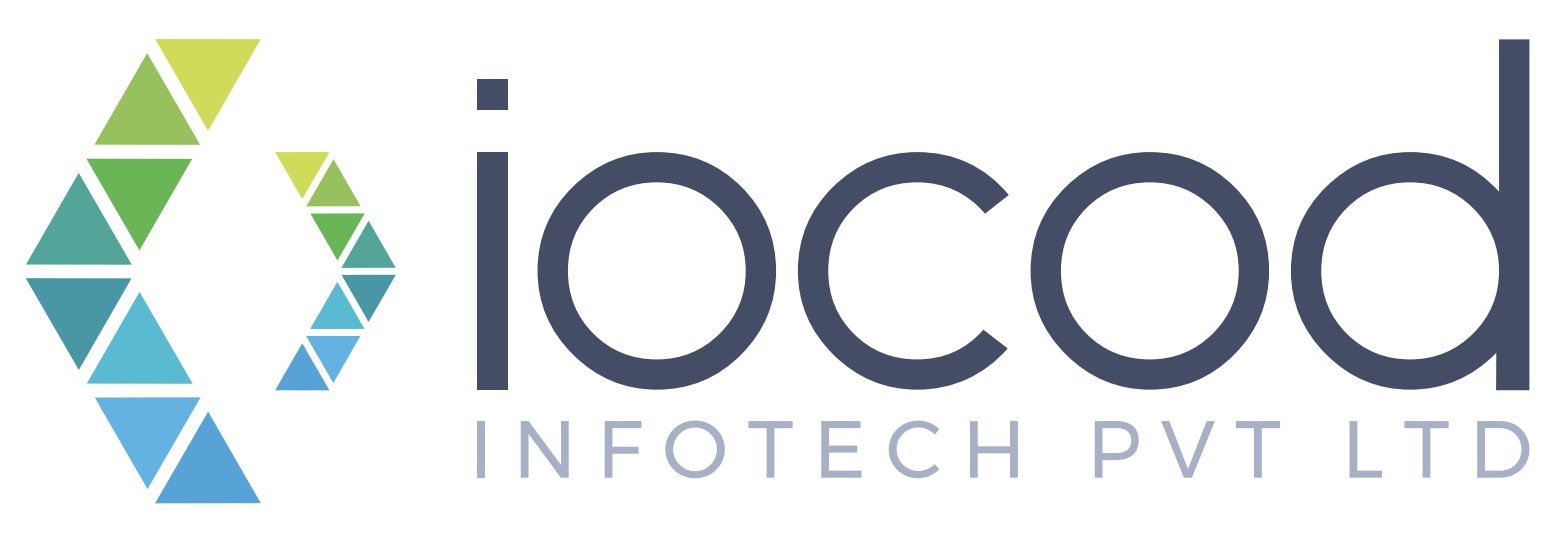Productivity refers to the amount of quality work done during a period of time. It doesn’t mean working longer hours, but working smarter. We should be able to manage our time well, prioritize important tasks and work efficiently. Whether from an individual’s perspective or an organization’s, higher productivity leads to long-term success.
Through better planning and making slight changes in our habits, we can improve our productivity to a great extent. While we implement these changes, it is equally important that we keep a track of the improvement that it brings about in our productivity levels. Tracking these changes will trigger the brain to release the ‘happy hormone’, Dopamine, into the body. We feel good as a result and we seek out more of that feeling.
Follow these simple steps to increase productivity and be your best self at work:
- To-Do List
The importance of to-do lists cannot be stressed enough. They help you focus on your work and give you a great deal of satisfaction when you mark it done. Try to make a to-do list on the previous day itself so that you don’t have to spend your mornings setting up the list. You can also prioritize your tasks according to its importance.
- Do your most important task when you are at your best
The highest productivity time for each individual can be different. For example, if you are a morning person do the tasks that are the most demanding in the morning. The less important tasks can be pushed aside for a later time.
- Break up big tasks into smaller chunks
This is a tried and tested method for tackling huge tasks that take up a lot of time. When we have huge tasks pending, we tend to postpone them indefinitely. By breaking them into smaller chunks you will feel more in control and will be able to do it easily.
- Do the smaller tasks first
Finish all the smaller tasks which can be completed easily, first. This will bring down the list of pending work and uplift your mood. But make sure that you are not bogged down by these smaller tasks and spend more time on them than required.
- Plan your meetings
Meetings take up a lot of our productive time. Before setting up a meeting ask yourself whether you can get the same work done via an email or phone call. If you really need to have a meeting, plan it well and create a proper agenda.
- Set self-imposed deadlines
By setting up self-imposed deadlines for open-ended tasks, we can make sure that work is not getting delayed indefinitely. Time management techniques like the Pomodoro technique are found to be very effective.
- Avoid multitasking
Many people have the habit of handling more than one task at a time. They feel they can get more things done this way. This is a wrong notion. When you are doing too many things at the same time, it affects your quality of work and often takes up more time than required. Focus on a single task and do it efficiently instead.
- Use the right tools and equipment
Having the right tools and equipment at hand saves a lot of time and effort. However talented you are, slow and outdated technology will be a major obstacle that affects your productivity.
- Develop good communication with your teammates
A team that communicates well collaborates well. Build a good rapport with your teammates. Take the effort to appreciate your teammates for their achievements. Every individual is said to be the average of 5 people around him/her. So, make sure that as you grow and develop, you lend a helping hand to those around you who are struggling to keep up.
- Avoid distractions
Social media, text messages, and phone calls can be great productivity killers. Turn off your chats and put your phone on silent when doing important tasks. Resist the urge to check social media while you are at work.
It’s easy to lose track of time chatting with your colleagues. Be mindful of such distractions which can affect your productivity. Noise cancellation headphones or earbuds can be extremely useful to cut off the sounds and help you focus on work.
- Be optimistic
Studies have proven optimistic and happy people tend to be more productive than others. If you are not optimistic by nature, try to cultivate an optimistic attitude.
- Keep your surroundings clean
Be it your workstation or your inbox, remove all the unnecessary stuff and declutter your workspace.
- Eat healthy and sleep well
Proper food and sleep are extremely important factors that can affect a person’s productivity. Make sure to eat healthy food on time. Research suggests that healthy young adults should get 7-9 hours of sleep every day.
Implementing these techniques will help you use your work hours wisely and produce better results in less time. Incorporate these habits in your life and finish each day feeling satisfied that you have made the best use of your time.
